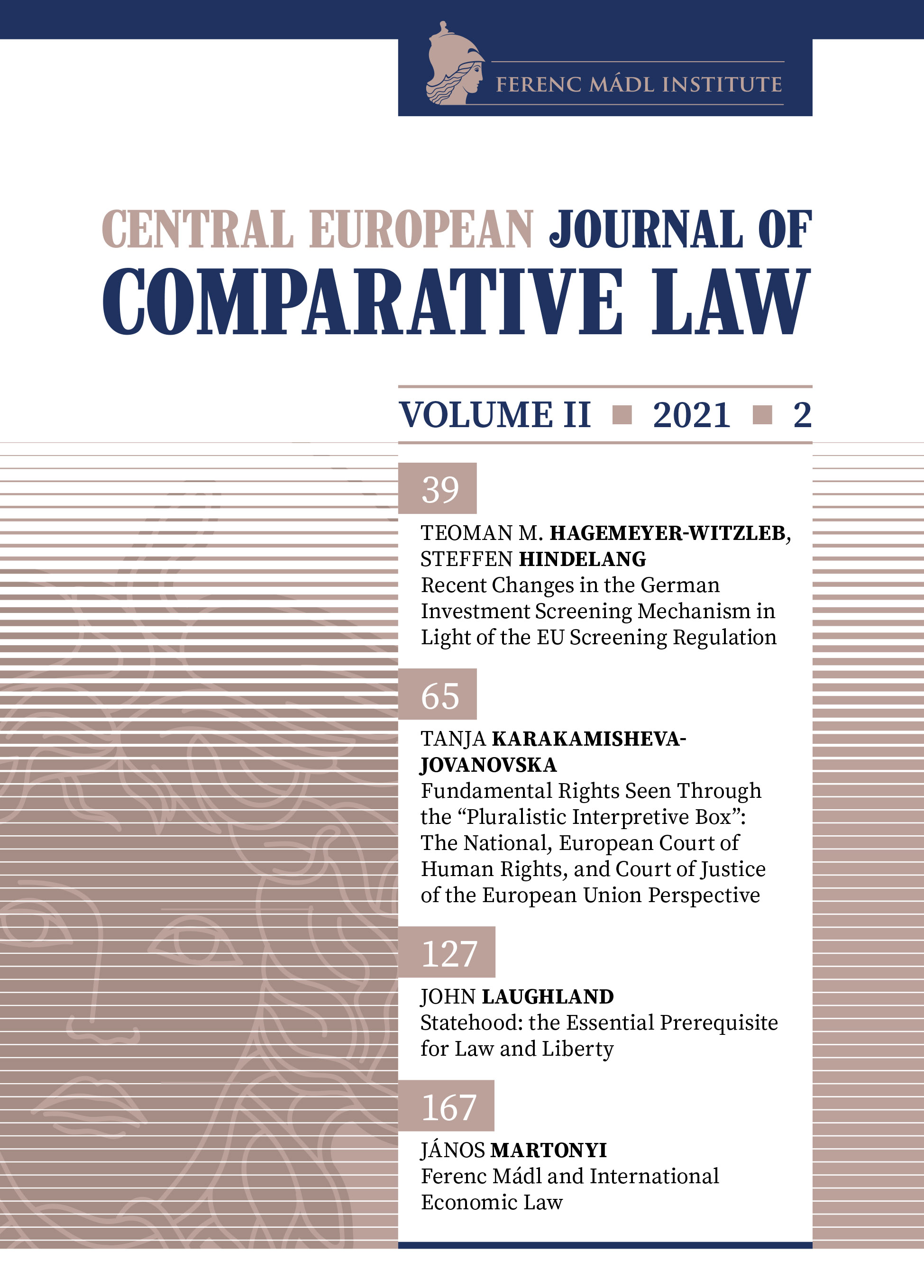Ranking of Legal Periodicals and Prerequisites for Academic Promotion in Serbian, Croatian, and Slovenian Law
Ranking of Legal Periodicals and Prerequisites for Academic Promotion in Serbian, Croatian, and Slovenian Law
Author(s): Attila DudásSubject(s): Law, Constitution, Jurisprudence
Published by: Mádl Ferenc Összehasonlító Jogi Intézet
Keywords: ranking of legal journals; international legal journals; JCR; IF; WoS; Scopus; HeinOnline;ERIH PLUS;
Summary/Abstract: Scholars need to obtain a certain level of international recognition for academic progression. This is usually achieved by publishing articles in internationally recognized journals, books, and conference papers. The question is which journals should be considered of international relevance and how they should be ranked. For this purpose, a ranking system based on the Journal Citation Reports (JCR), combined with the leading research engine, the Web of Science (WoS), is used. While a ranking system based on the JCR is considered most suitable for natural and technical sciences, it has many shortcomings when considering social sciences and humanities, including legal science. This is observed when such a system is applied in countries that cannot claim to have a profound impact on the global development of legal thought and where scholarly legal production is almost exclusively conducted in the national language, such as in Central and Eastern European (CEE) countries. This study analyzes the general laws and rules regarding the qualification of journals in Serbia, Croatia, and Slovenia, and special laws pertaining to social sciences, especially legal science. Although there are many points of interest regarding different situations in which the national laws on the qualification of journals gain importance, this study focuses on the relevance of these laws in terms of the promotion of legal scholars to positions of university lecturers. It analyzes the requirements for the promotion to a full professor of law. It concludes that the laws of the three countries, through different forms, managed to find a delicate balance between the requirement of publishing articles in internationally recognized journals and the characteristics of legal science as it is predominantly conducted in the national language and addressed to a domestic audience.
Journal: Central European Journal of Comparative Law
- Issue Year: 2/2021
- Issue No: 2
- Page Range: 9-26
- Page Count: 18
- Language: English

